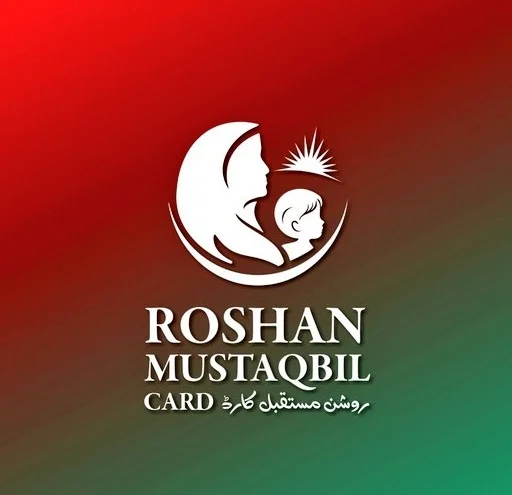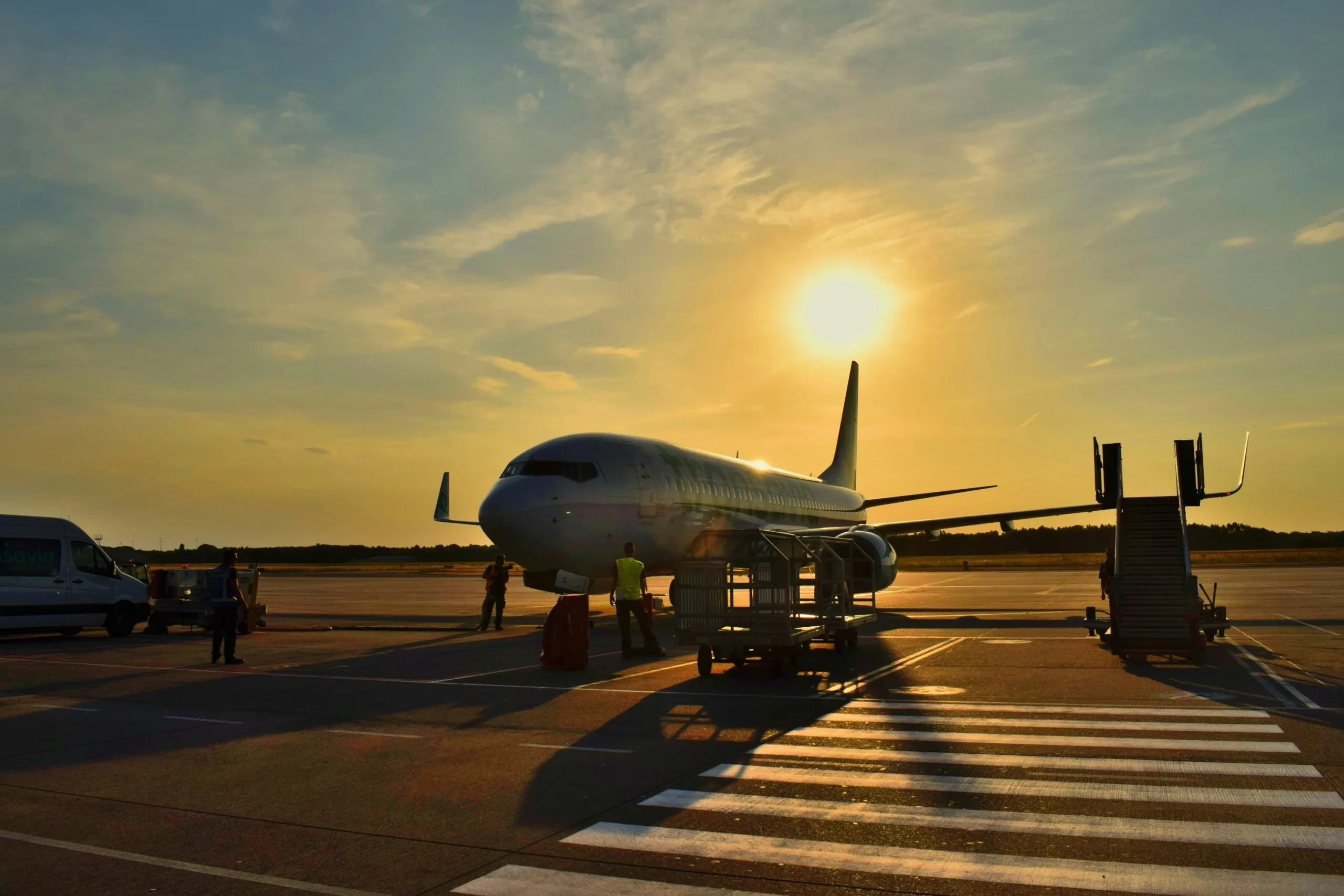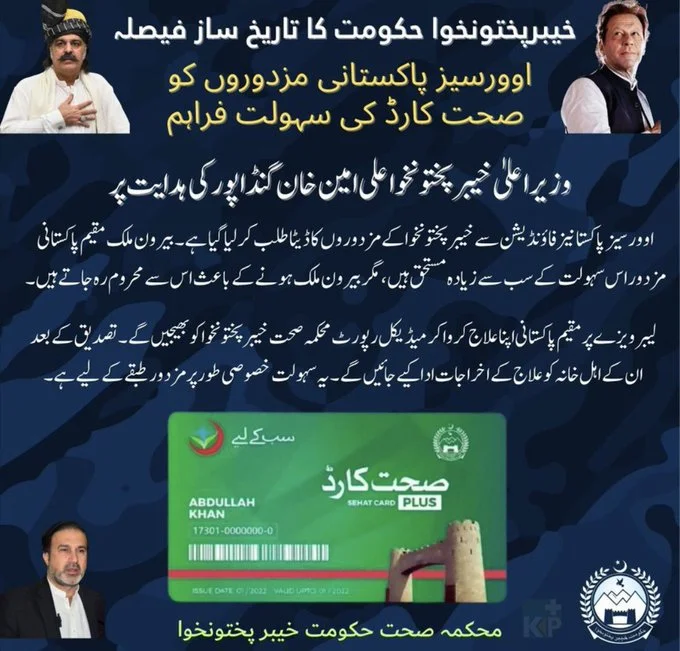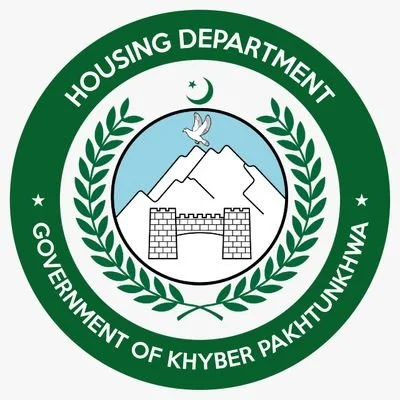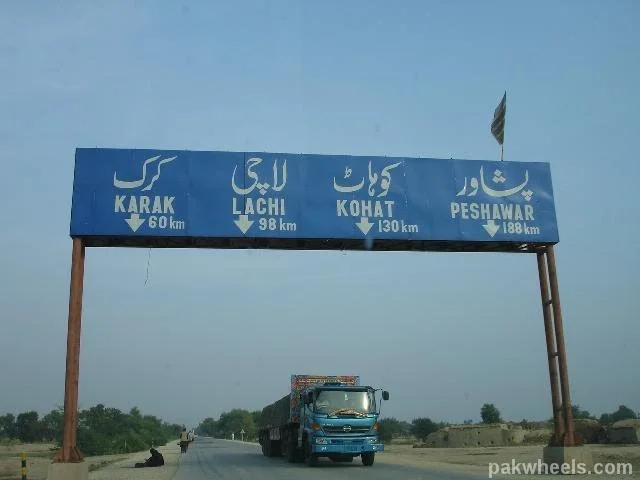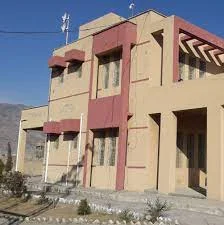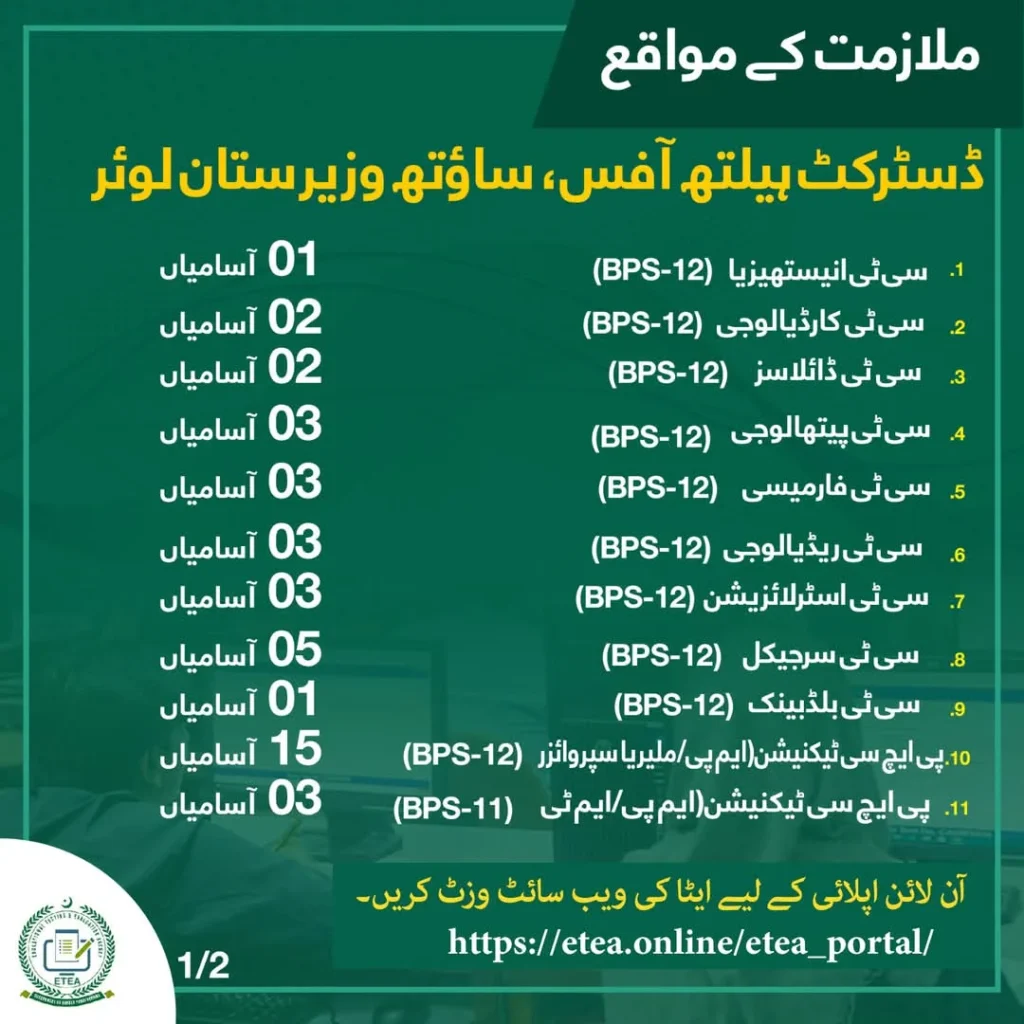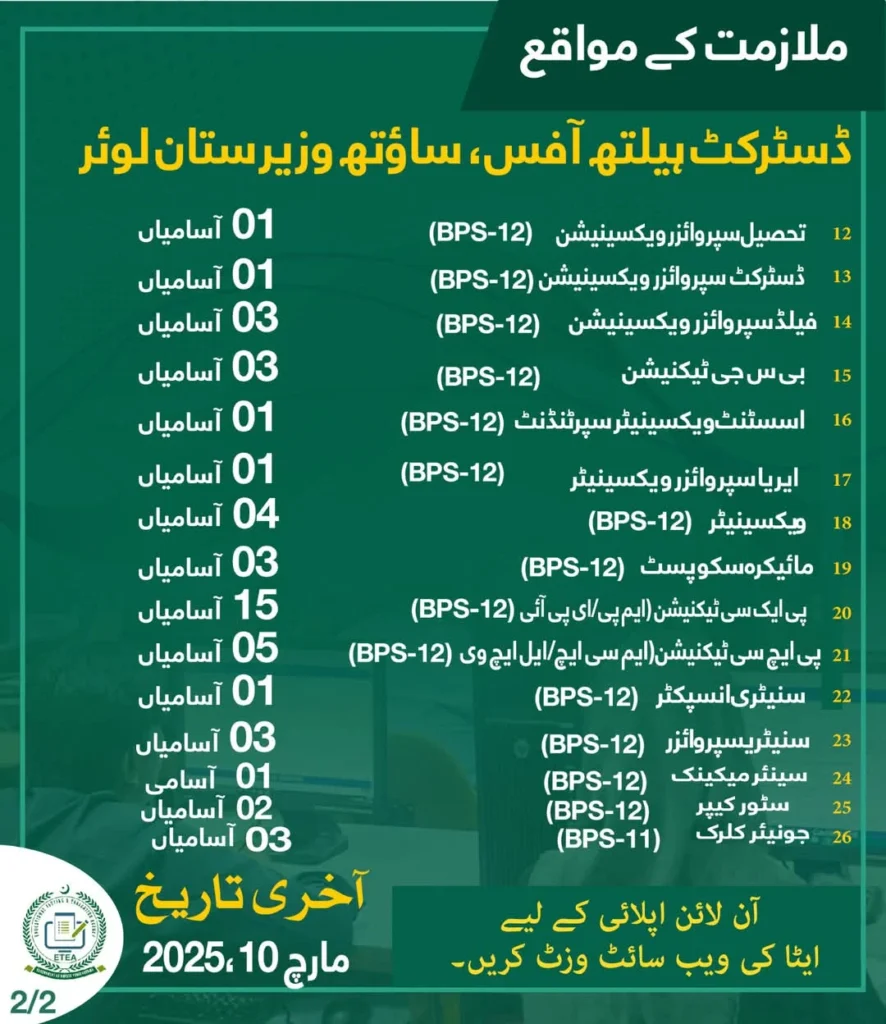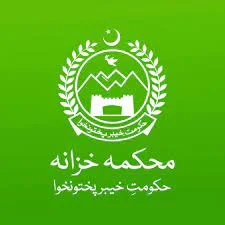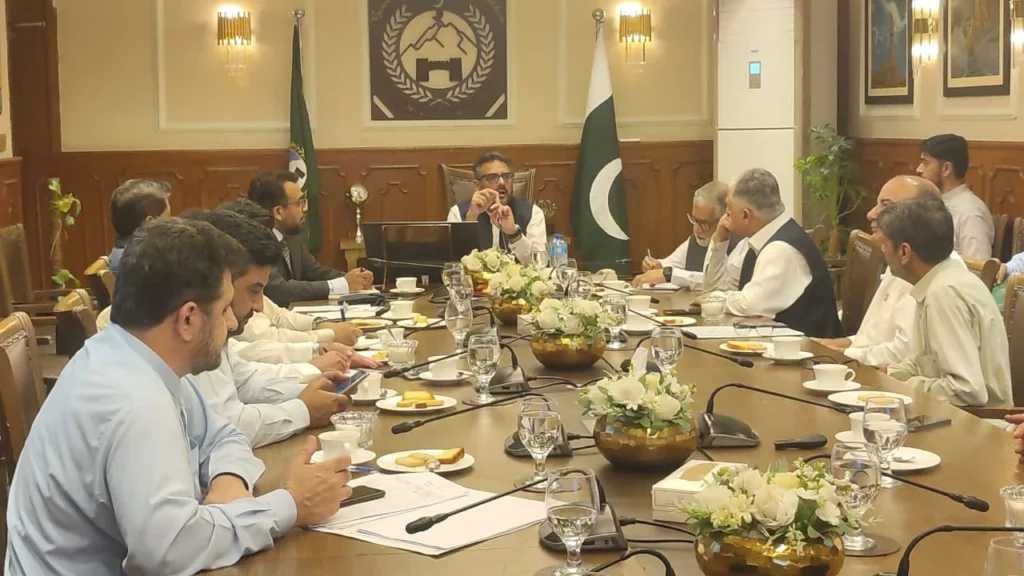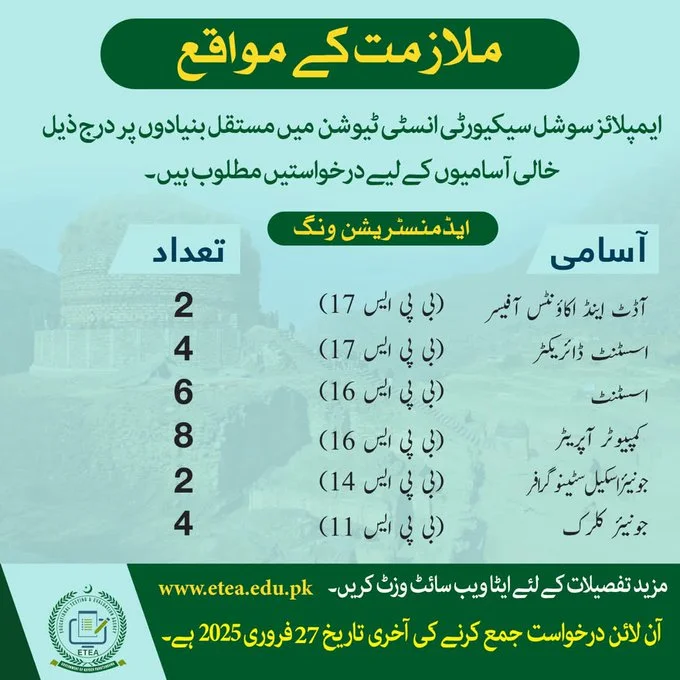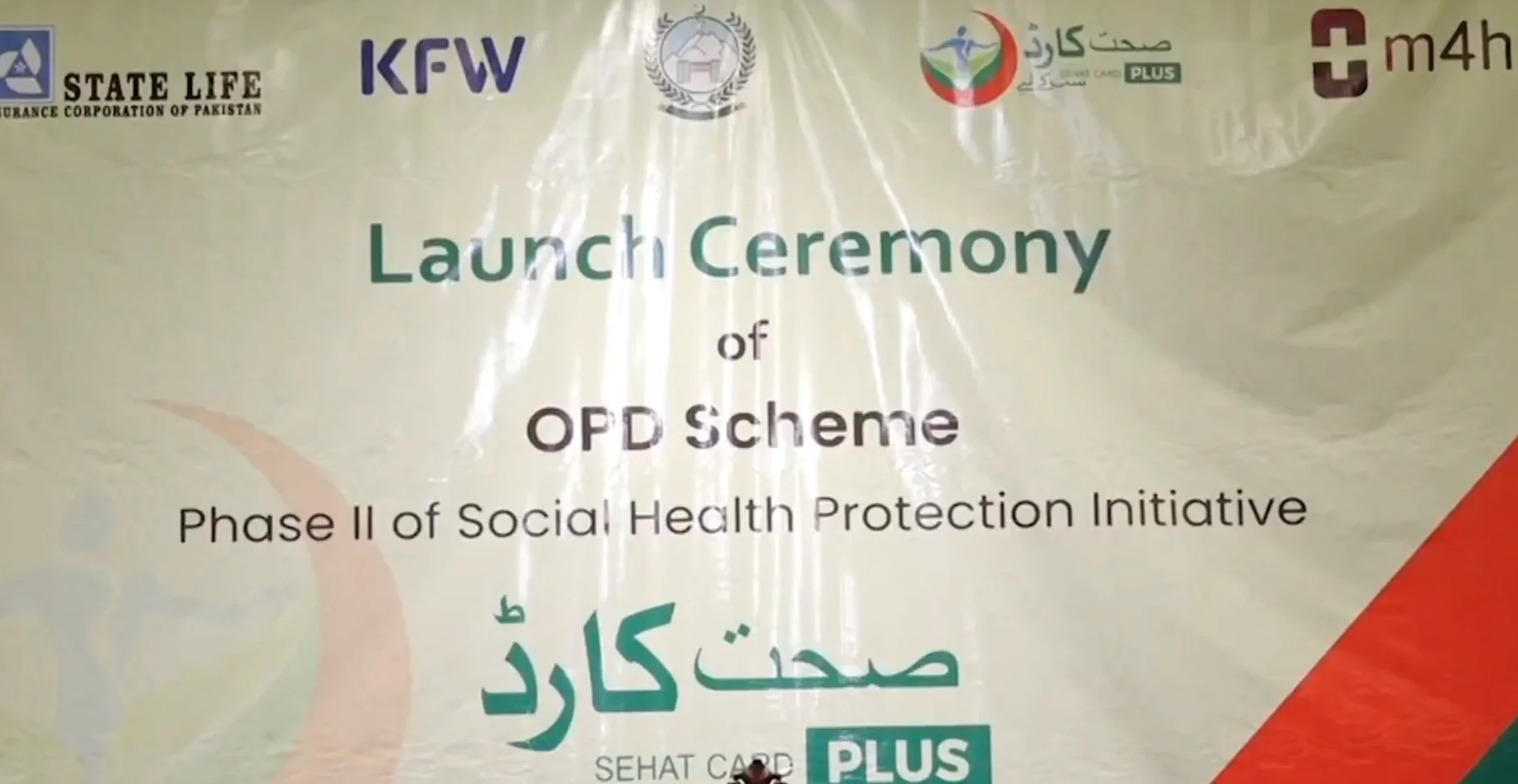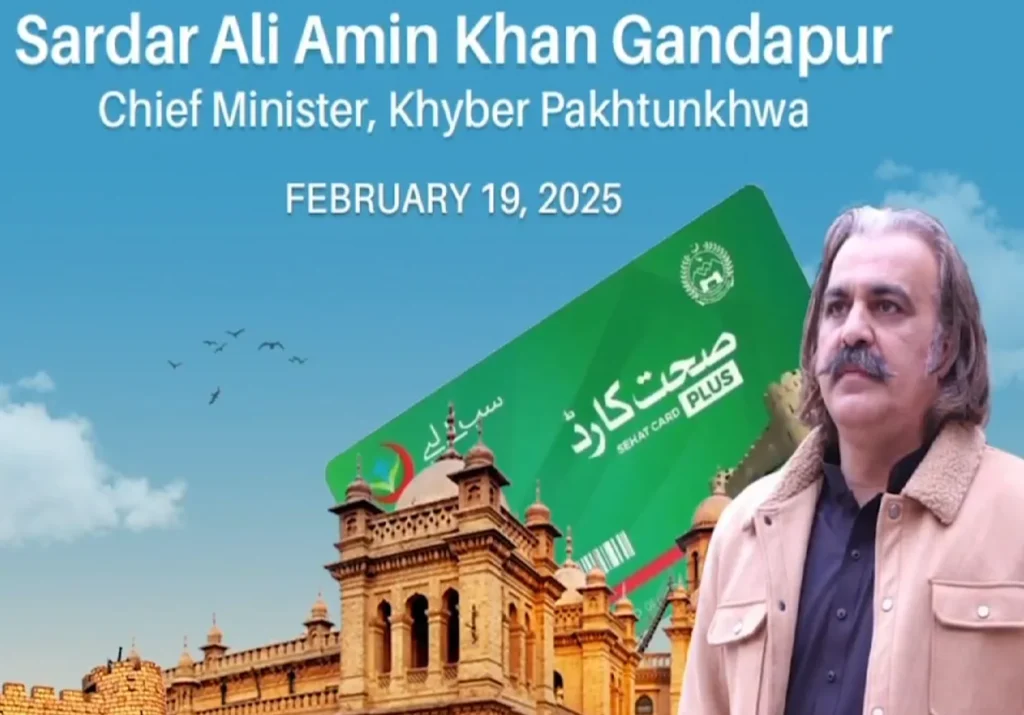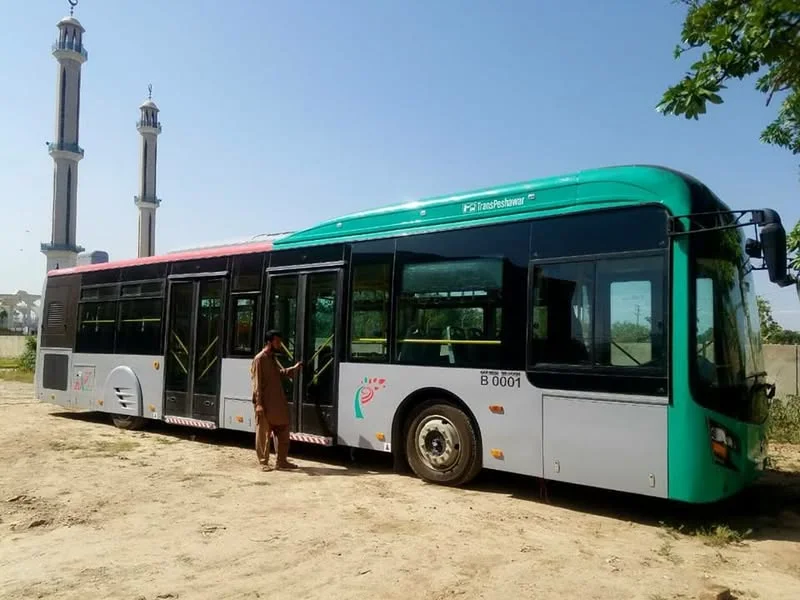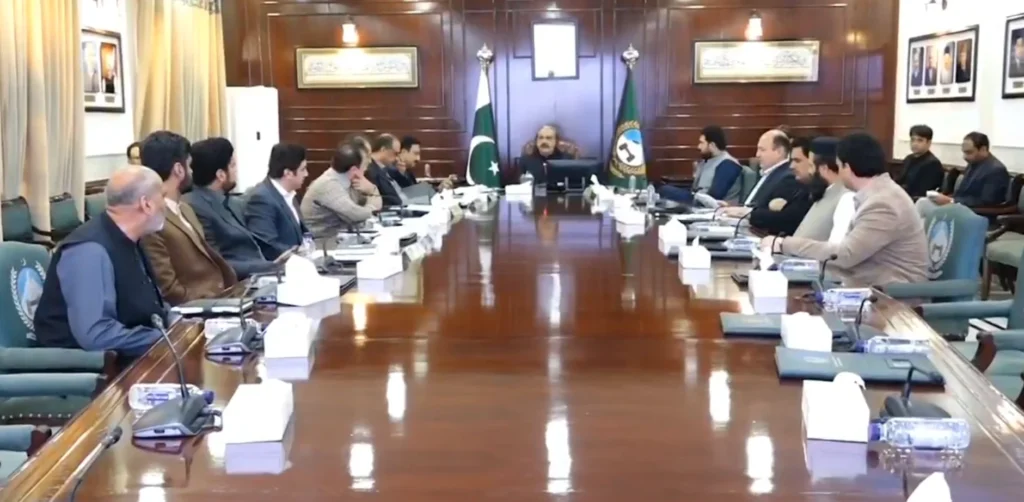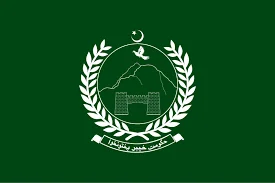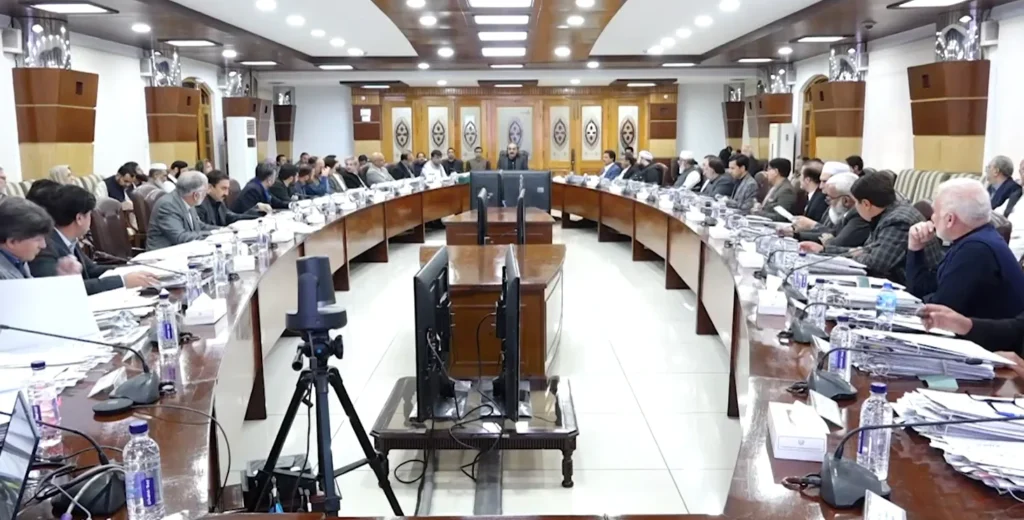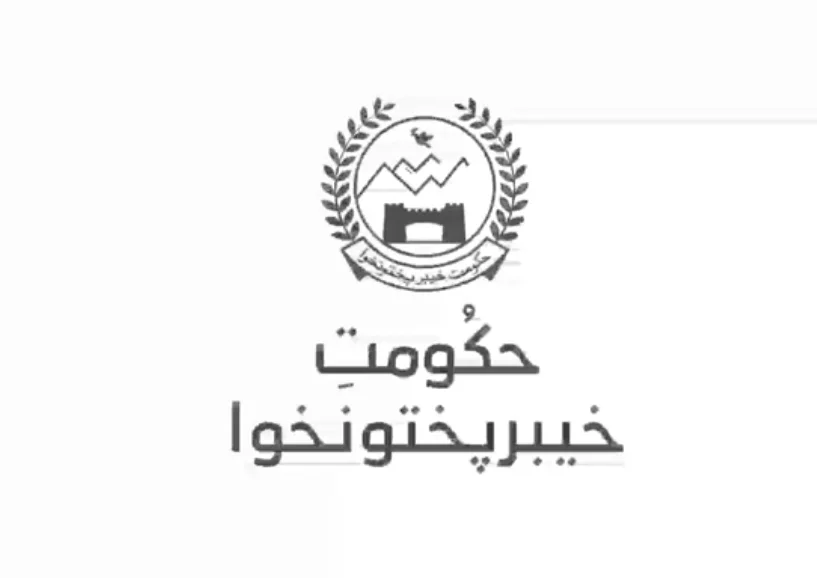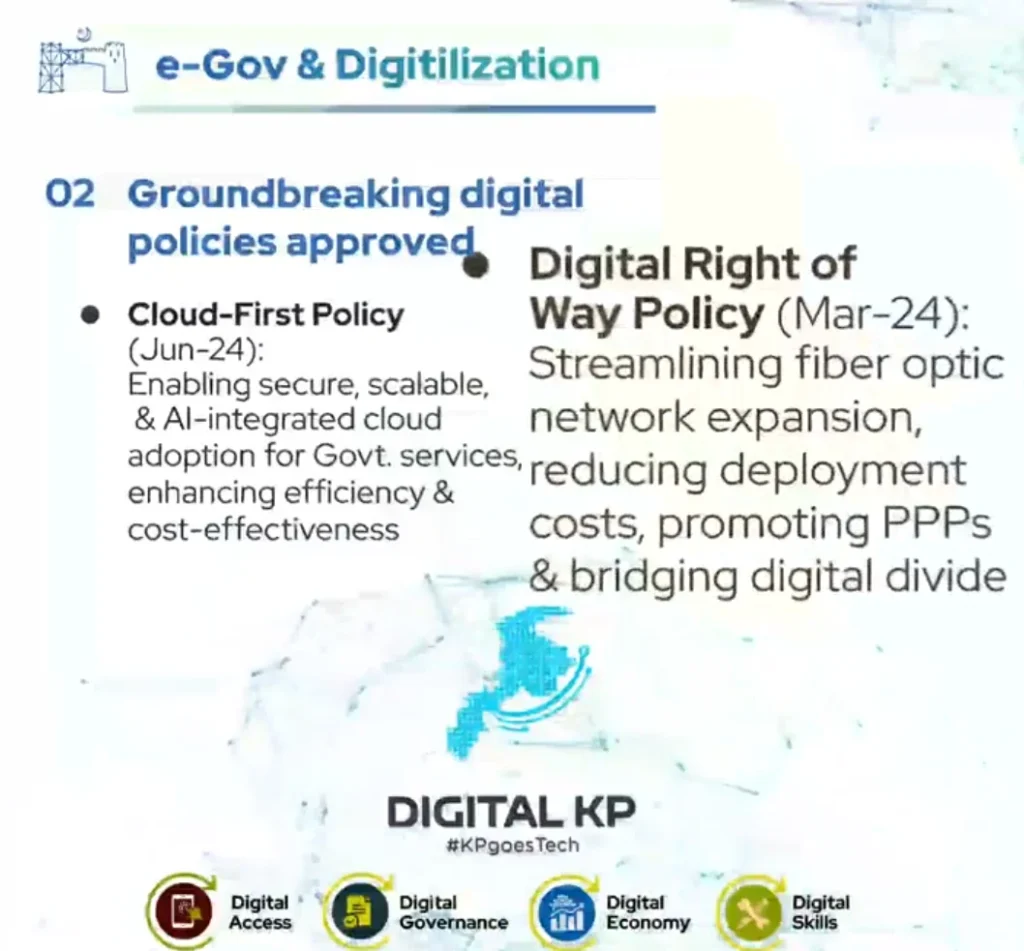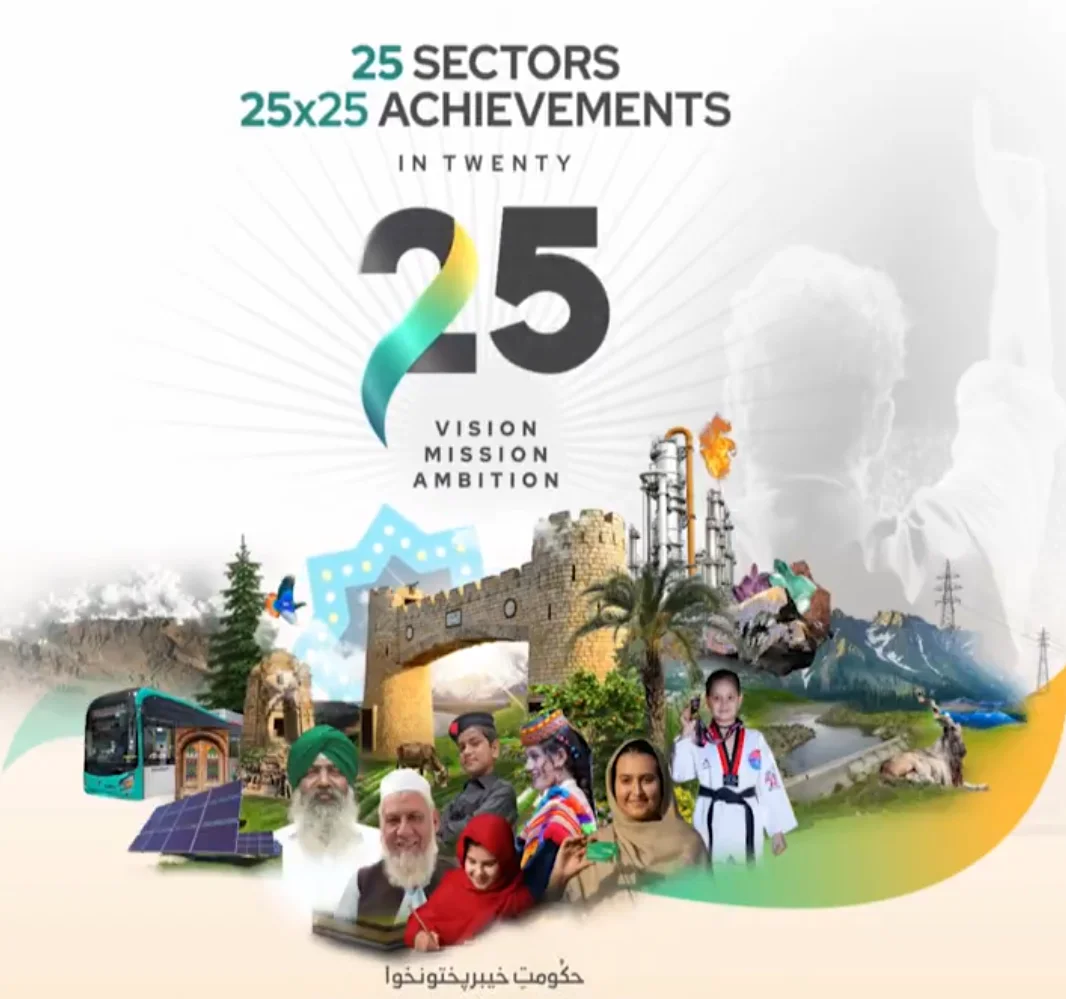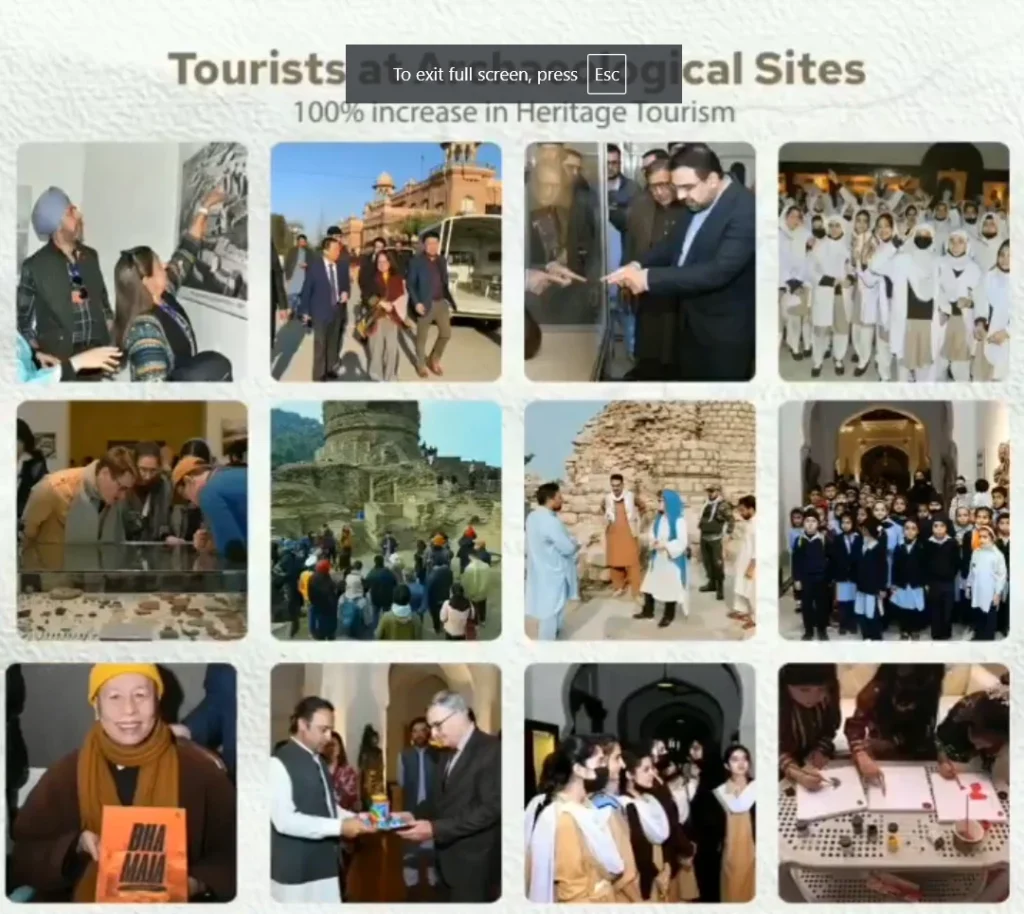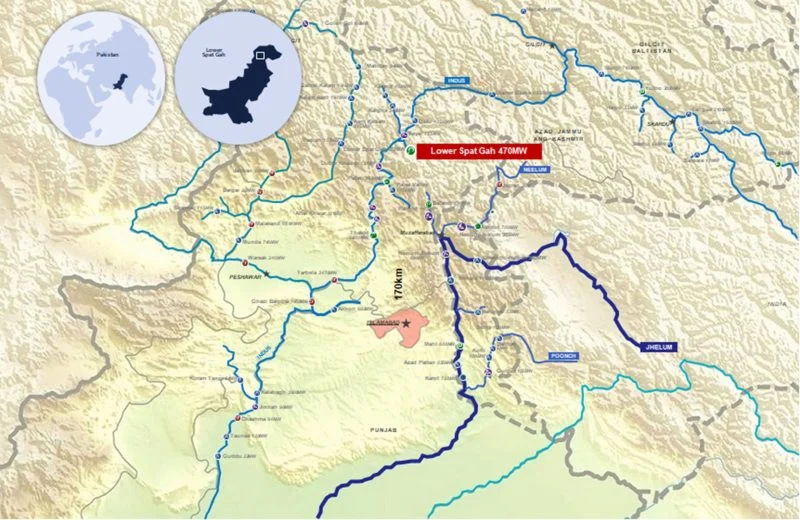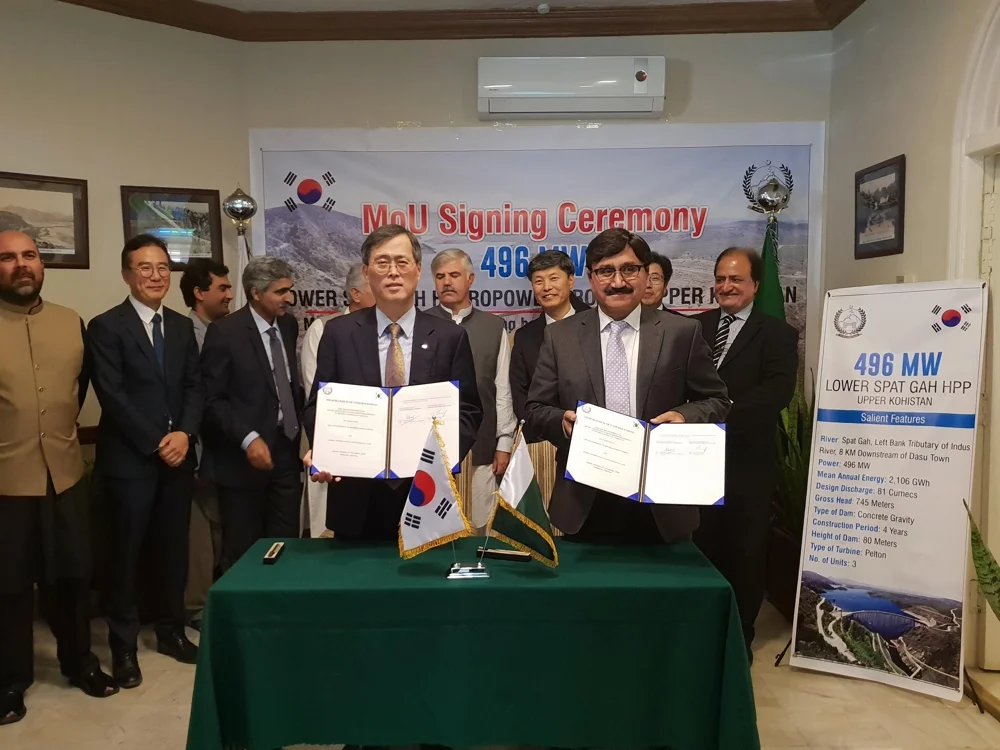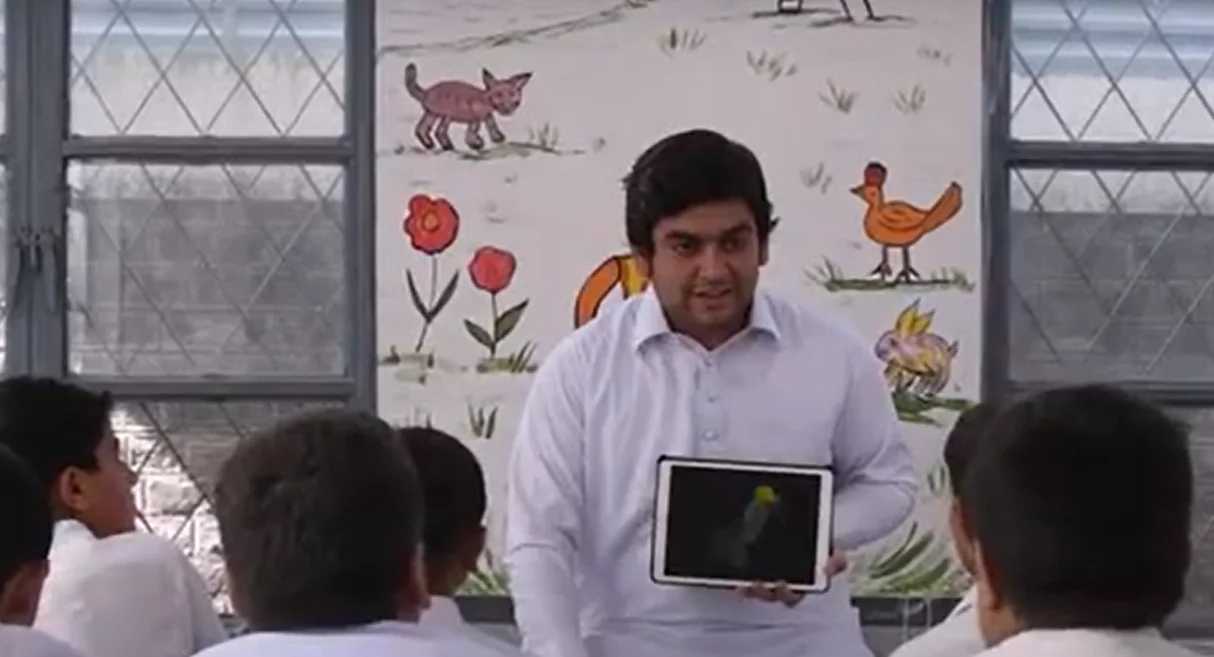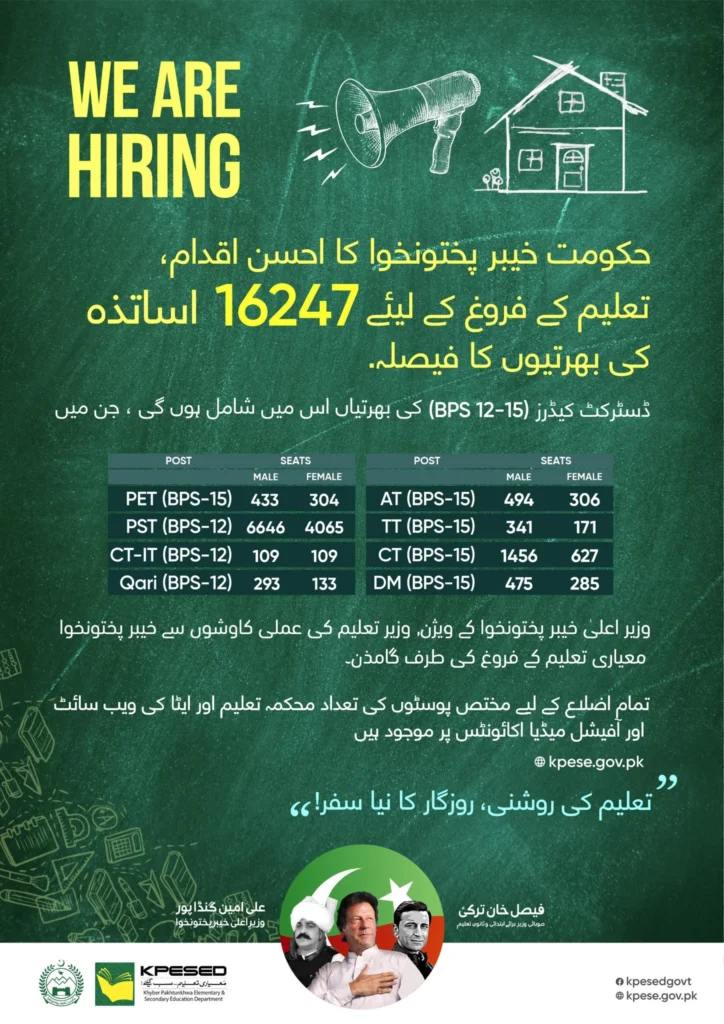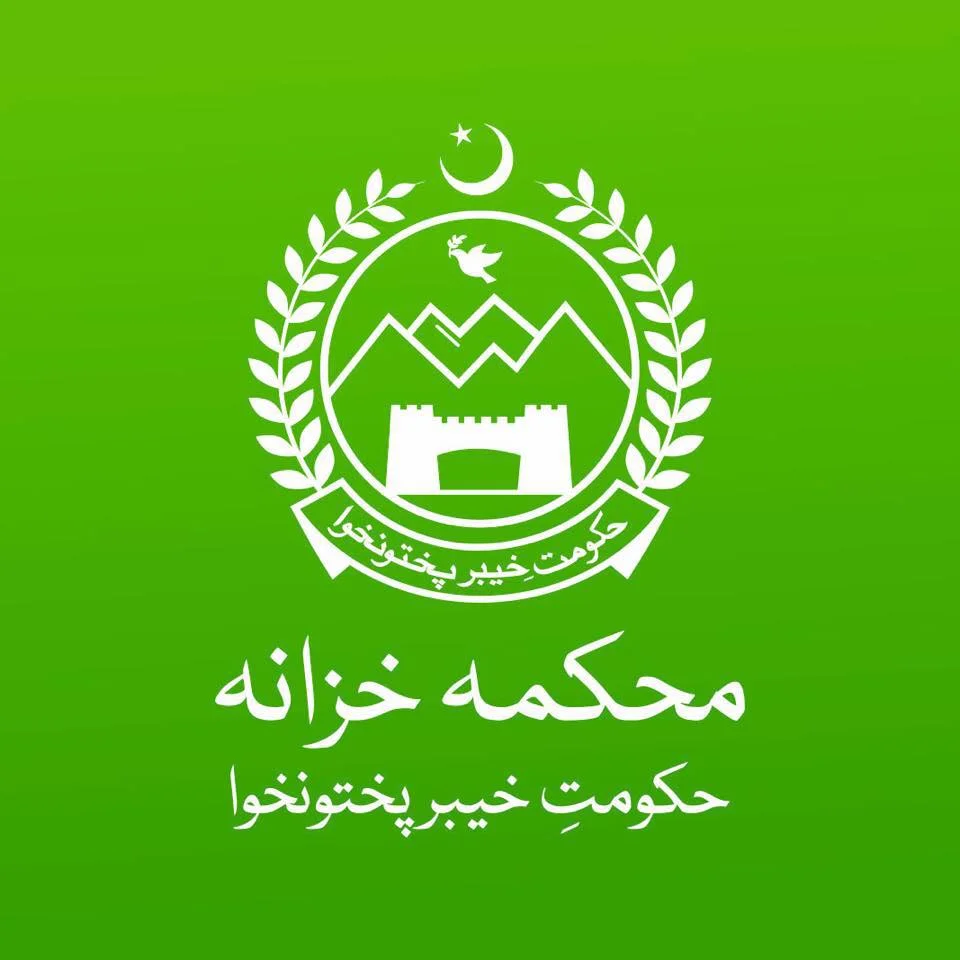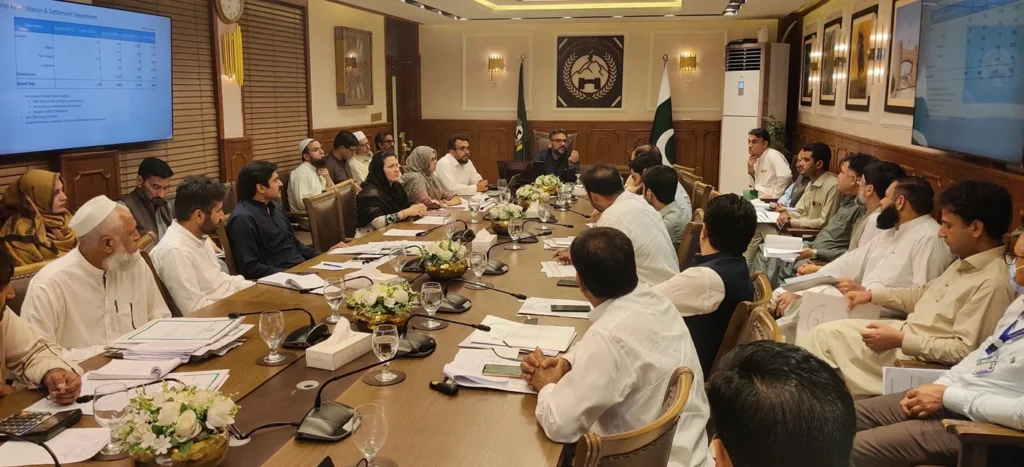The Khyber Pakhtunkhwa (KP) government has taken a groundbreaking step towards the welfare of underprivileged and deserving segments of society.
In a recent ceremony held at the Chief Minister’s House in Peshawar, Chief Minister Ali Amin Gandapur officially launched two transformative programs: the Roshan Mustaqbil Card for orphaned children and the Sahara Card for widows.
These initiatives (Roshan Mustaqbil & Sahara Card) aim to provide financial assistance to the most vulnerable members of society, ensuring a brighter future for them.
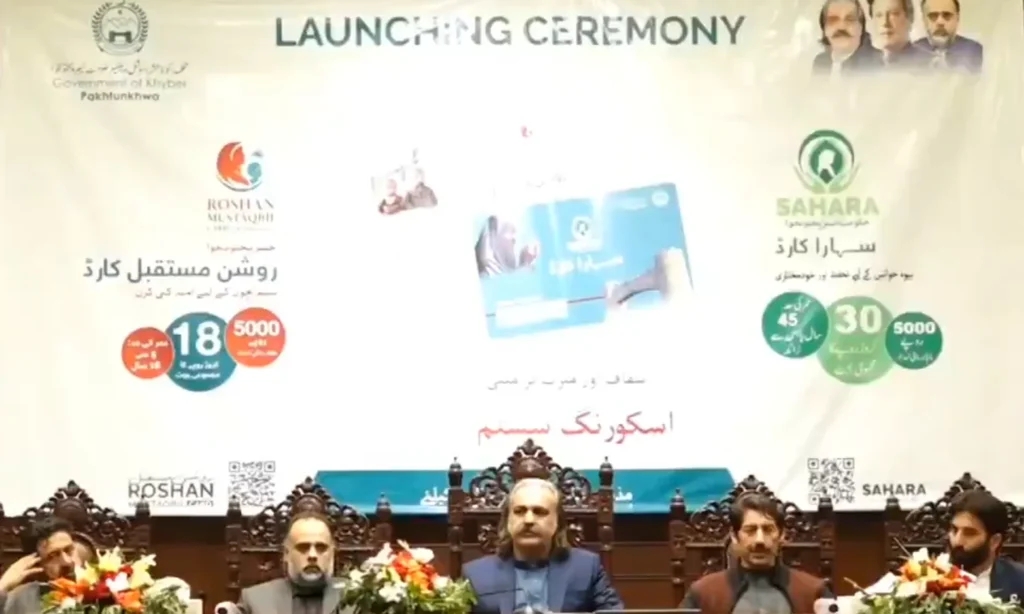
Roshan Mustaqbil Card: A Ray of Hope for Orphaned Children
Under the Roshan Mustaqbil Card program, orphaned children between the ages of 5 and 16 will receive monthly financial support.
Initially, the government had set the amount at 5,000 PKR per month, but during the ceremony, Chief Minister Ali Amin Gandapur announced an increase to 10,000 PKR per month.
This significant boost reflects the government’s commitment to improving the lives of these children.
Key Features of the Roshan Mustaqbil Card:
- Priority will be given to children who have lost both parents.
- Approximately 9,000 orphaned children will benefit from this program.
- The financial aid will be disbursed through a dedicated card, ensuring transparency and ease of access.
- Funds will be transferred by the 5th of every month, providing timely support to the beneficiaries.
This initiative not only addresses the immediate financial needs of orphaned children but also empowers them to pursue education and a better future.
Sahara Card: Empowering Widows with Financial Stability
The Sahara Card program is designed to support widows aged 45 years and above.
Initially, the program offered 5,000 PKR per month, but Chief Minister Ali Amin Gandapur announced an increase to 10,000 PKR per month during the launch ceremony.
This program aims to provide financial stability to widows who often face economic hardships after losing their spouses.
Key Features of the Sahara Card:
- Around 15,000 widows will benefit from this initiative.
- The financial assistance will be provided monthly through a dedicated card.
- Like the Roshan Mustaqbil Card, funds will be transferred by the 5th of every month.
- The program focuses on widows who are most in need, ensuring that the aid reaches the right beneficiaries.
By doubling the financial assistance, the KP government has taken a significant step towards improving the quality of life for widows, enabling them to meet their basic needs with dignity.
Transparent and Efficient System for Beneficiary Selection
Both programs utilize an IT-based scoring system to ensure transparency and fairness in the selection process.
Eligible applicants will be screened and selected based on predefined criteria, and the cards will be issued to those who qualify.
This system minimizes the risk of fraud and ensures that only the most deserving individuals receive assistance.
Impact on Society
The Roshan Mustaqbil Card and Sahara Card programs are expected to have a profound impact on society.
By providing consistent financial support to orphaned children and widows, the KP government is addressing some of the most pressing social issues.
These initiatives will not only alleviate poverty but also empower beneficiaries to lead more stable and fulfilling lives.
How to Check Your Eligibility?
scan the below QR code and check your eligibility or visit the Site: https://swkpk.gov.pk/

Conclusion
The launch of the Roshan Mustaqbil Card and Sahara Card programs marks a significant milestone in the KP government’s efforts to support vulnerable communities.
By increasing the financial assistance and implementing a transparent selection process, the government has demonstrated its commitment to social welfare.
These programs are a testament to the power of thoughtful policymaking in creating a more equitable and compassionate society.

